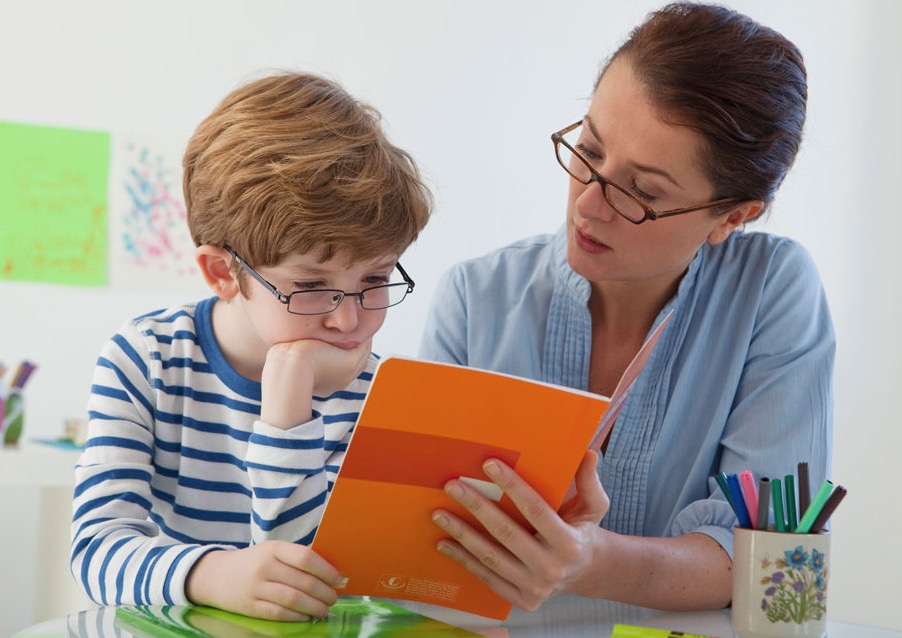Does My Child Have Dyslexia?
Although one in five children have dyslexia, it is often poorly understood and misdiagnosed. This is because dyslexia is often mistaken as a general intellectual disability. To the contrary, dyslexia is a very specific disorder that relates only to decoding and reading words. Those with dyslexia are not deficient in sensory capabilities, nor in ability in comprehension and higher level reasoning skills.
These distinctions are important because a proper diagnosis is crucial in providing the right resources for your child. Once treated, children with dyslexia can thrive in school in beyond. While a professional diagnosis is essential, here is a list of early signs to watch out for in deciding whether your child might have dyslexia:
Delay in speaking
Children with dyslexia will have a delay in speech development, albeit a modest one. While most children beginning seeking first words around twelve months of age, those with dyslexia may not begin speaking first words until fifteen to twenty-four months. Delays in speech may mean many things, so this alone is not sufficient for a diagnosis.
Difficulties in pronunciation
While minor speech problems are found in many children, dyslexic children may have significant problems with word pronunciation as compared to age matched peers. Sometimes pronunciation difficulties do not appear until later in life when vocabulary becomes more complex. Moreover, some children will have difficulties understanding similarities between words. This can lead to deficits understanding rhymes with dyslexic children not understanding which words rhyme and which do not.
Children with dyslexia may also have problems mastering the alphabet in school. Recognition of individual letters and associating specific sounds with those letters are essential for reading development. Delays in any of these areas raise the possibility of dyslexia.
Dyslexia is a localized disorder relating to word phonology and recognition. When an accurate diagnosis is made, proper treatment and strategies may allow children to succeed in school and adults thrive in the workplace.
If you are suspicious that you or loved one has dyslexia, contact Pathways today for a comprehensive evaluation. It is time to alleviate frustrations and get on the right track.
The Pathways team of professionals has helped thousands of people with Dyslexia. We are Dedicated to effective and compassionate care for individuals with neurological challenges.




